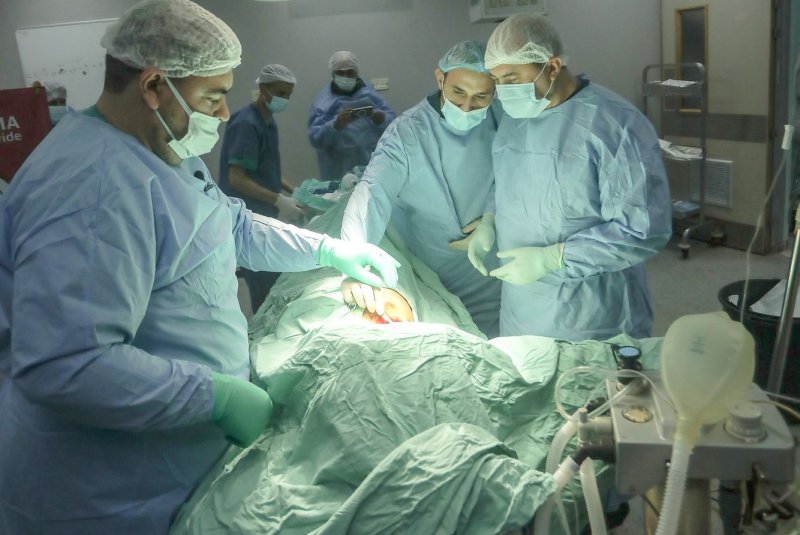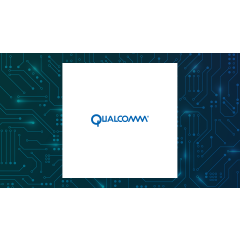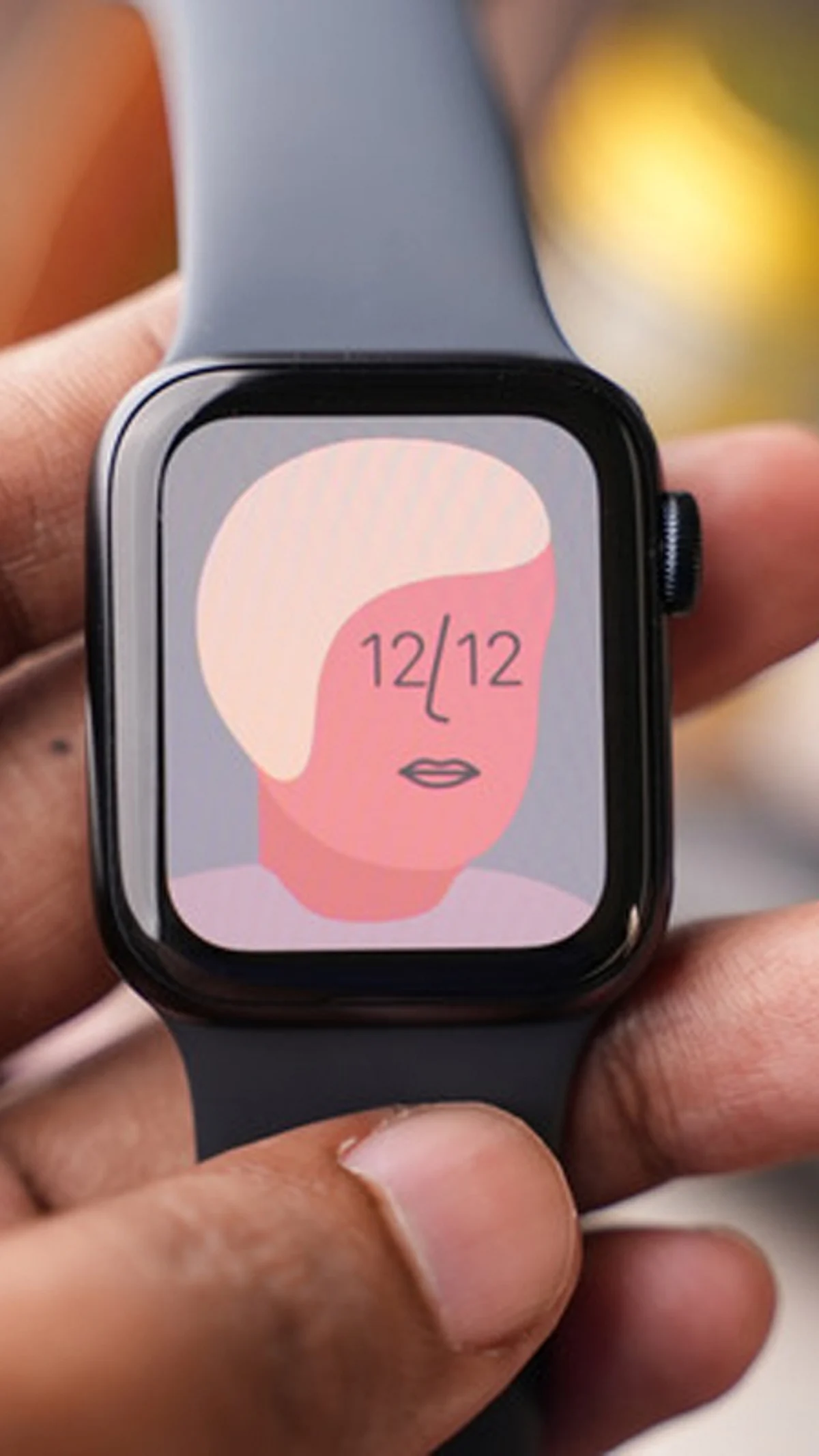
Remote monitoring has been shown to significantly enhance recovery for cancer patients following surgical procedures, according to a recent study published in the journal npj Digital Medicine. The research indicates that patients whose health teams tracked their symptoms remotely experienced faster recovery times after major surgeries.
Tracy Crane, director of lifestyle medicine, prevention, and digital health at the University of Miami’s Sylvester Comprehensive Cancer Center, underscored the importance of the initial two weeks post-discharge. “Remote care helps bridge the gap between hospital and home, catching issues early and supporting recovery,” she stated in a news release.
Study Overview and Methodology
The study involved 293 patients who underwent significant abdominal or pelvic surgeries for various cancers, including gastrointestinal, genitourinary, and gynecologic types. Each participant was given a wristband to monitor their daily step count and was asked to report any post-operative symptoms via a smartphone application.
According to the researchers, an increase in daily steps correlates with improved post-operative outcomes. Half of the patients were enrolled in an active remote telemonitoring group, where triage nurses closely monitored their reported symptoms and step data, reaching out if any issues arose. The remaining participants served as a control group, receiving only automated messages instructing them to contact the hospital if their symptoms worsened.
Crane noted the study was designed to reflect real-world conditions, aiming to ensure that the intervention was both feasible and meaningful for patients and healthcare providers alike.
Results and Implications
The findings revealed that patients engaged in active remote monitoring achieved a 6% improvement in functional recovery within two weeks post-surgery, along with fewer major complications. These patients also reported better management of their symptoms and experienced less disruption to their daily activities.
“Our results are a call to innovate,” Crane emphasized, highlighting the variety of devices now available to track patients’ vital signs during home recovery. “Tomorrow’s providers should be comfortable with data streams from connected devices to harness these data and collaborate across disciplines, putting patients at the center of every decision,” she added.
Crane’s research team advocates for further studies to identify the most effective types of monitoring tailored to specific surgical procedures and cancer types. The implications of this study could lead to transformative changes in post-operative care, emphasizing the role of technology in supporting patient recovery.
For additional resources on cancer surgery recovery, the American Cancer Society provides comprehensive information.
This study underscores the growing importance of integrating technology into healthcare practices to enhance patient outcomes and streamline recovery processes.






